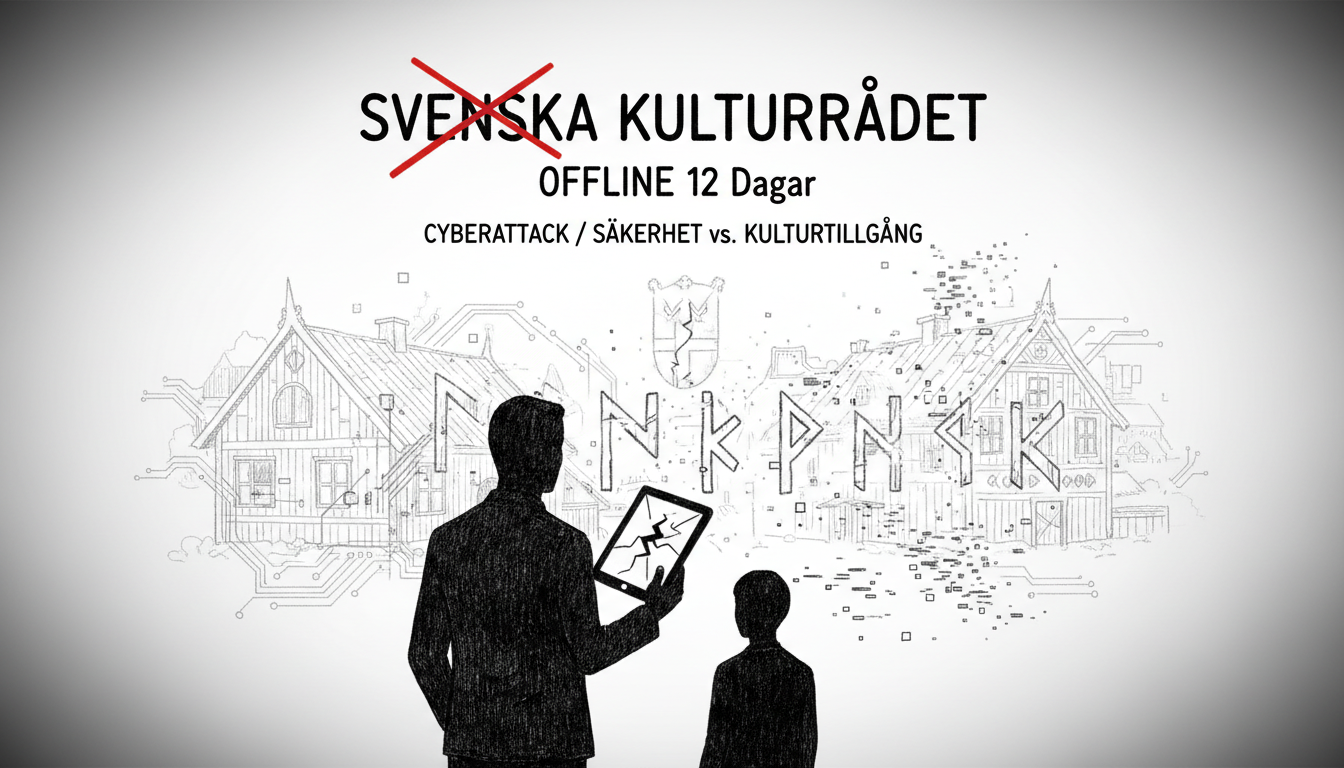The Swedish Cultural Council continues to grapple with a major cybersecurity incident that has kept its websites offline for twelve consecutive days. The government agency discovered a serious data breach nearly two weeks ago and has maintained its digital presence in shutdown mode while investigators work to secure systems.
Cybersecurity expert Sonny Johansson commented on the unusual duration of the outage. He stated that while twelve days represents an exceptionally long downtime period, the cautious approach makes strategic sense. Thorough investigation before reactivating systems can prevent recurring breaches and more extensive damage.
The extended website blackout affects numerous cultural organizations and individuals across Sweden who rely on the Council for funding applications, program information, and cultural policy updates. This disruption comes at a critical time for many arts organizations planning their upcoming seasons and seeking government support.
Sweden has faced increasing cybersecurity threats targeting government institutions in recent years. The country's digital infrastructure has become a frequent target for both criminal organizations and state-sponsored actors seeking sensitive information or aiming to disrupt public services.
The Cultural Council breach follows a pattern of attacks against Swedish cultural and educational institutions. Similar incidents have affected universities, museums, and research centers throughout the Nordic region. These organizations often possess valuable intellectual property and personal data while maintaining less robust security than financial or defense institutions.
International readers should understand that the Swedish Cultural Council plays a central role in the country's arts ecosystem. It distributes government funding to artists, cultural organizations, and libraries while shaping national cultural policy. The current outage impedes this vital function during a period when many cultural institutions struggle with economic challenges.
The prolonged recovery period raises questions about the preparedness of Swedish government agencies for sophisticated cyber threats. While officials emphasize caution, the two-week service interruption suggests either an exceptionally complex breach or inadequate contingency planning for such incidents.
What happens next for the Cultural Council and its stakeholders? The agency must balance security concerns against its public service mission. Cultural organizations cannot indefinitely postpone funding applications and program planning. The coming days will reveal whether the Council can restore secure operations or faces further extended downtime.
This incident serves as a reminder that cultural institutions worldwide face growing digital security challenges. As these organizations digitize their operations and collections, they become increasingly attractive targets for cybercriminals seeking both financial gain and strategic disruption.

